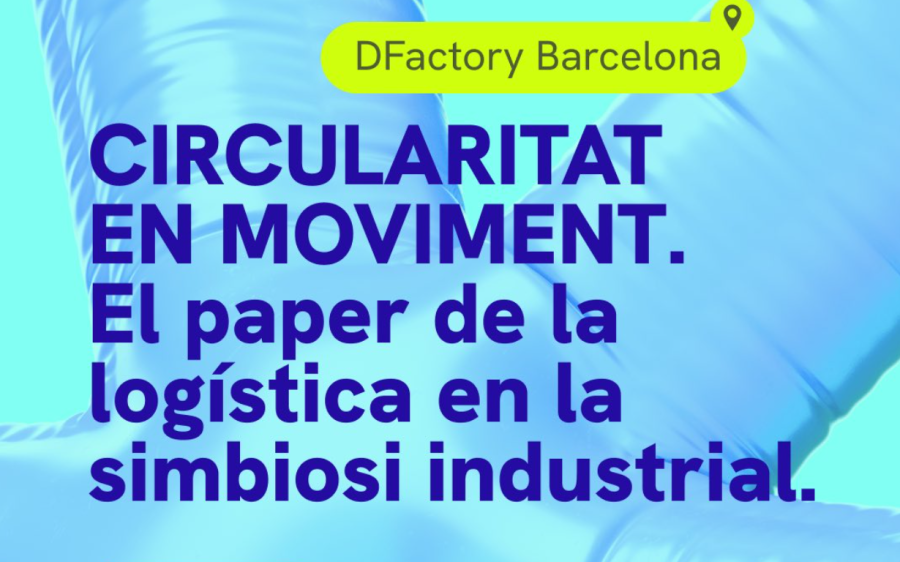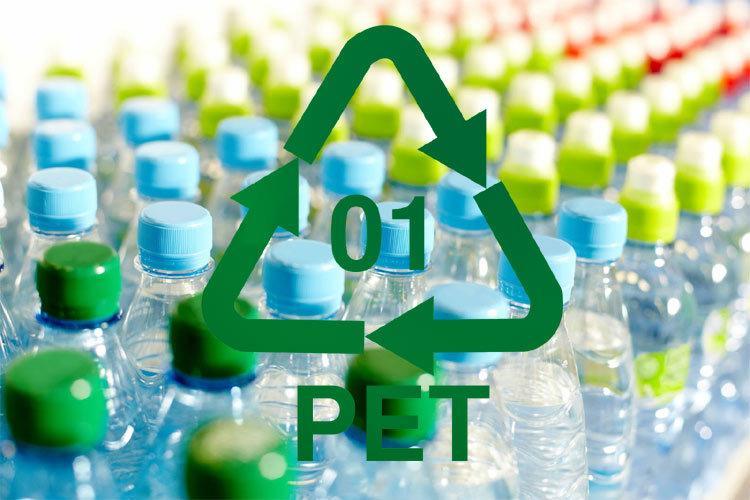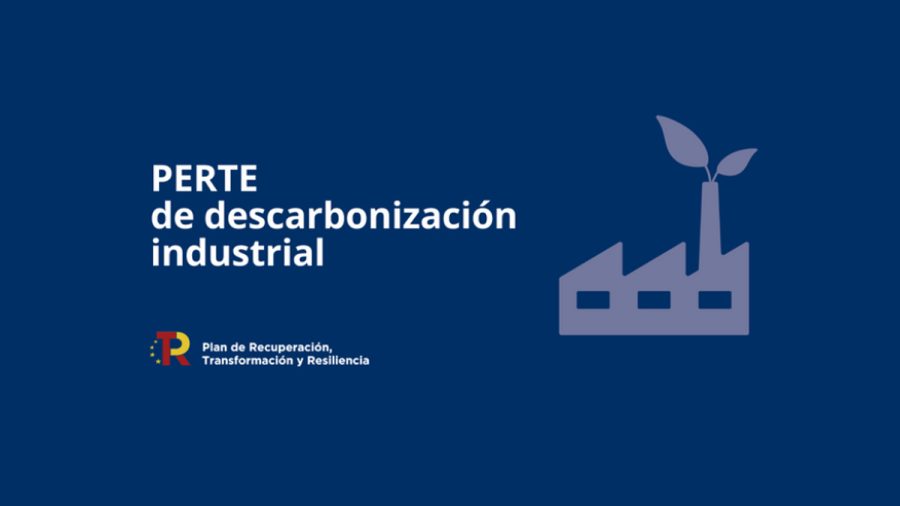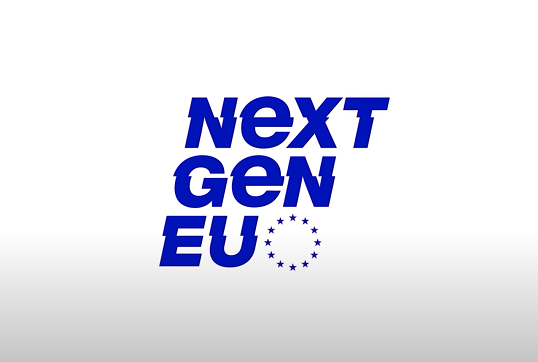It is estimated that the 26% of marine litter found on Spanish beaches predates tourist uses.
The General Directorate of Sustainability of the Coast and the Sea of the Ministry for the Ecological Transition (MITECO) has put together, with the tourism sector and local administrations, joint solutions to address the problem of marine litter. The meeting, in which opportunities and lines of work were identified, took place at the IV annual Seminar on marine litter, held on October 2 and 3.
It is estimated that 26% of the marine litter found on the Spanish coast comes from the tourist use of our coasts, according to data from the latest report of the Marine Litter Monitoring Program on Beaches, prepared by MITECO. Among the most frequent objects on our beaches are plastics, which already reach 71.5% of the total litter found.
The seminar has brought together more than 60 professionals from the nautical, recreational fishing, diving, hospitality and restaurant sectors, as well as local administrations, conservation organisations, universities and technology centres, who have gathered for two days at the headquarters of the Biodiversity Foundation in Seville.
During the seminar, the participants debated the problem of marine litter and the search for possible solutions, and analyzed experiences that could improve the knowledge of professionals working in the sea and coastal tourism sector.
Among these initiatives is the Sustainable Tourism program of the One Planet Network, which promotes the World Tourism Organization, as well as BlueMed, a European research and innovation initiative to promote the blue economy in the Mediterranean basin.
This meeting is part of the program of permanent seminars of the National Center for Environmental Education (CENEAM) and has the support of the LIFEINTEMARES project, coordinated by the Biodiversity Foundation of the Ministry for Ecological Transition. The seminar is also part of the program of marine strategy measures, one of the main instruments of marine environment planning.
During the opening day, the importance of joint work with one of the most important sectors for the Spanish economy in the fight against this problem was highlighted. More than 70 participants shared nearly twenty innovative experiences and agreed on the necessary actions to develop them. In addition, a demonstrative citizen science action took place at the Parador beach in Mazagon.
The seminar concluded with a waste collection and data collection activity at Castilla beach, in Huelva, as well as a session to share and propose aspects of local improvement and innovation in the fight against marine litter.







